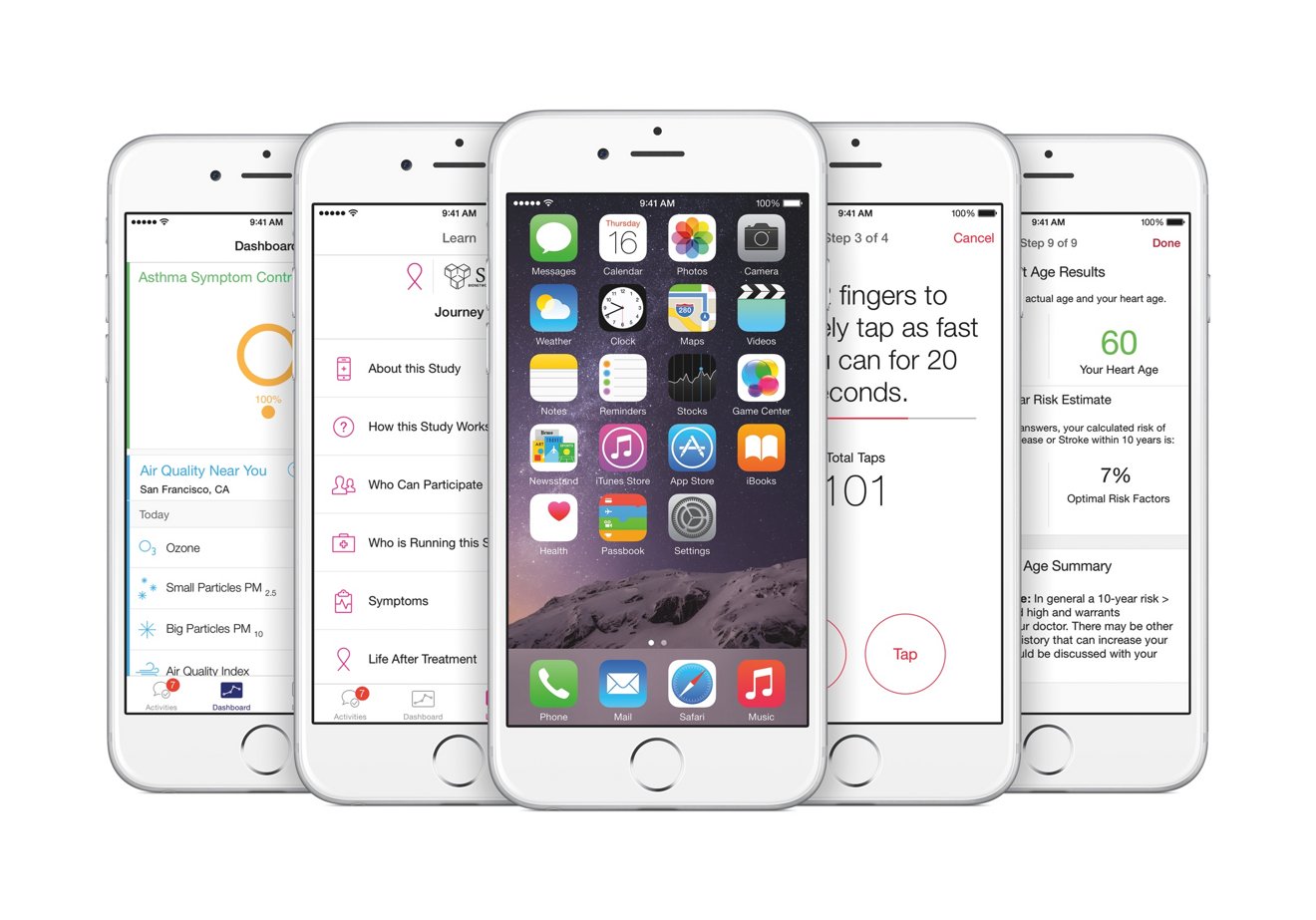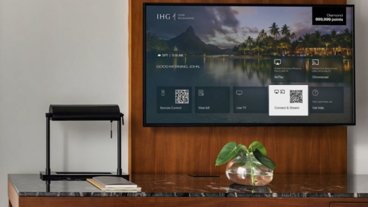GlaxoSmithKline targets arthritis in first ResearchKit study by a drug company
Apple's ResearchKit was quickly adopted by clinical studies at a series of universities and hospitals, but a new iOS app focused on rheumatoid arthritis from pharmaceutical firm GlaxoSmithKline marks the first time a drug company has made use of the framework.
ResearchKit apps
According to a report by Caroline Chen for Bloomberg, Glaxo will be using ResearchKit to monitor physical symptoms and record pain and mood feedback in a rheumatoid arthritis study involving 300 participants.
ResearchKit is a framework Apple introduced early last year to help gather standardized clinical research leveraging the sensors and touch interface of iPhones. Glaxo's arthritis app includes wrist exercises that precisely monitor participants' range of motion in a standardized way.
Faster, better, stronger research
Clinical studies can cost millions of dollars due to the expenses related to finding and recruiting participants, bringing them into a facility, and paying nurses and doctors to explain the study to the participants, obtain their consent and then collect data from them over the duration of the study.
ResearchKit apps can help to reduce those costs by enabling participants to enroll themselves, presenting study details to the user, obtaining their consent and automating standardized data collection that participants can contribute from home.
ResearchKit studies can also greatly expand the number of participants that can be recruited to join a study, and accelerate the pace of its research. A cardiovascular study at Stanford attracted 10,000 participants last year, shortly after Apple announced the new initiative
Kara Dennis, a managing director at Medidata Solutions, the firm collecting and analyzing research data for Glaxo, noted that ResearchKit "has the potential to greatly improve recruitment," explaining that "one of the biggest challenges in clinical trials is that it's hard to engage patients because they might have to take time off work, they often have to travel significant distances and then they're subjected to a series of measures that can be invasive."
Last year, mobile health provider LifeMap Solutions reported high rates of consent, participation and continued engagement in ResearchKit apps, assisted in part by the ability to send out reminder notifications to participants.
Glaxo hopes to learn from its initial ResearchKit study in order to optimize the design of its app, and evaluate the use of apps in future clinical research.
Apple's health push
ResearchKit is available for free, and Apple has released the project as open source to encourage contribution of new research modules.
Apple has increasingly made health a major initiative at the company, expanding upon ResearchKit with a complementary new CareKit framework designed to facilitate apps to help guide patients through followup care.
The company continues to work with researchers and has hired prominent clinical researchers to help develop its internal health-related initiatives.
That includes a strategic extension of its IBM partnership to provide secure real-time data analytics to medical professionals, with participation from Johnson & Johnson and Medtronic. Apple also expanded support for DNA genetics results in participation with 23andMe.
 Daniel Eran Dilger
Daniel Eran Dilger











 Andrew Orr
Andrew Orr
 Wesley Hilliard
Wesley Hilliard
 Amber Neely
Amber Neely

 William Gallagher
William Gallagher

 Malcolm Owen
Malcolm Owen








